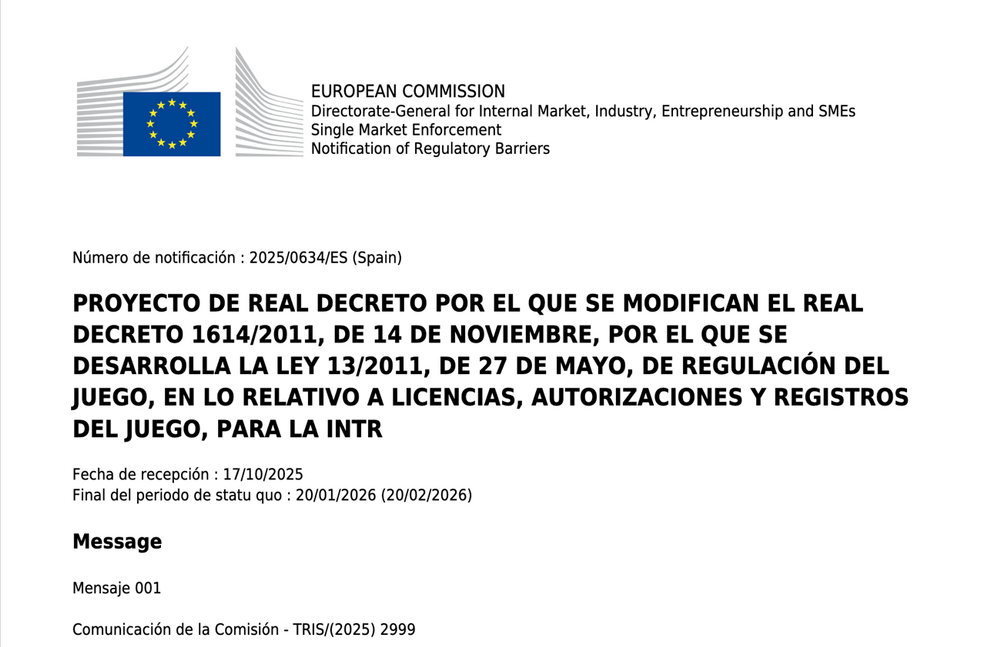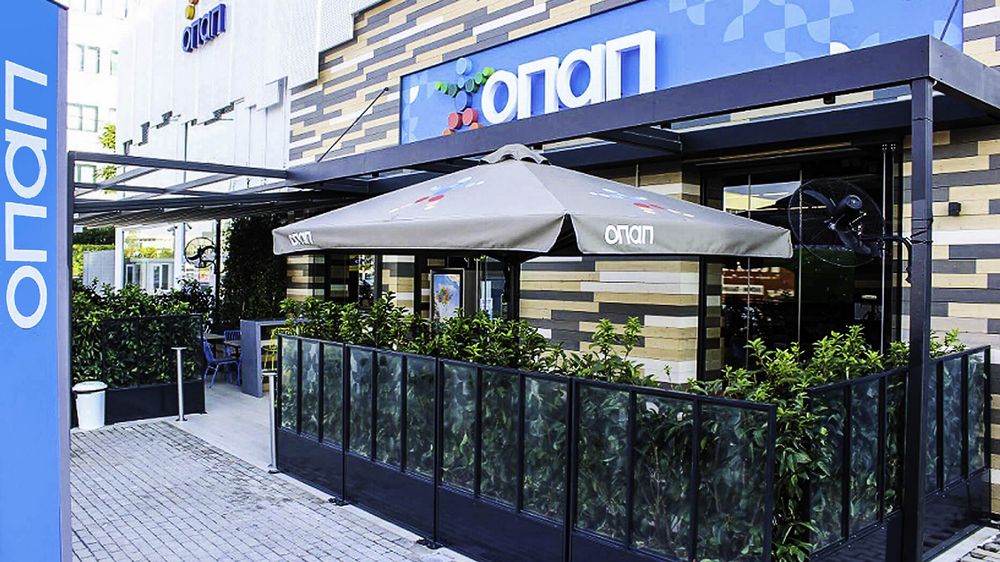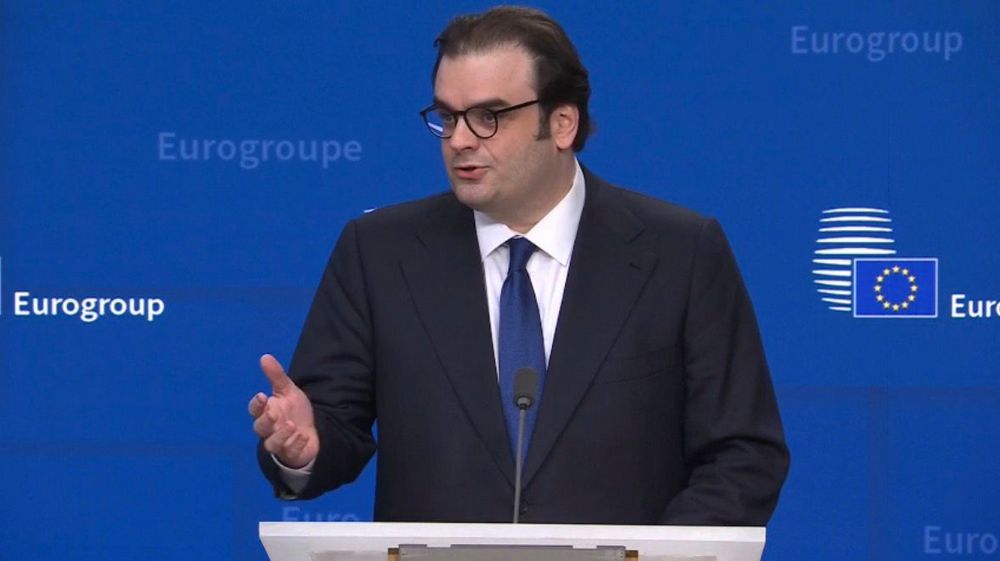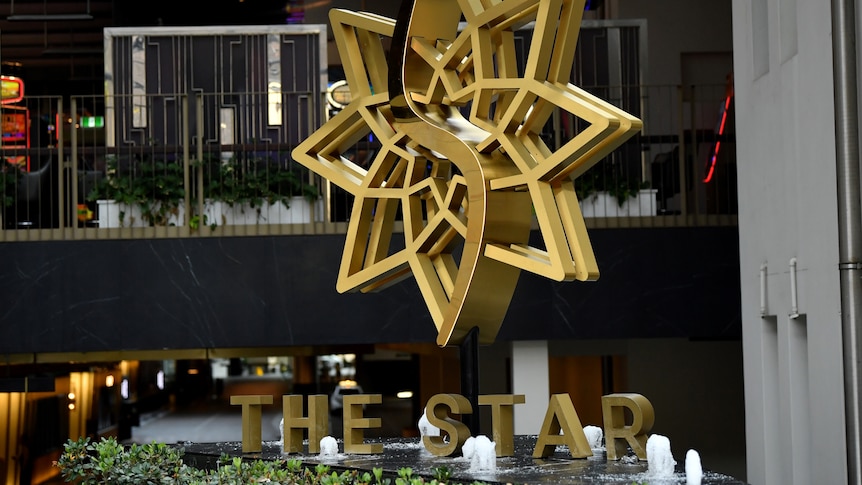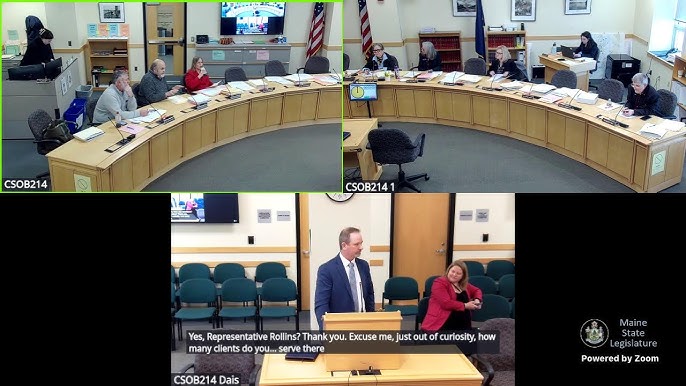What began as a quiet agreement between regulators has shaken the foundations of Liechtenstein’s once-flourishing casino industry.
Since January 7, 2025, Switzerland and Liechtenstein have officially begun sharing exclusion lists, connecting databases of players banned from gambling due to addiction, debt, or court orders. The policy, enacted by Switzerland’s gaming authority Gespa and Liechtenstein’s Office of National Economy, aims to enforce cross-border player protection. But its economic impact has been immediate and severe.

Liechtenstein, a tiny principality with a population under 40,000, has drawn thousands of Swiss players annually, many of whom were previously excluded in their home country. With the interlinked bans now active, casino traffic has dropped sharply—particularly from Swiss visitors who once represented over 60% of gaming revenue.
The effects have not been symbolic. One major operator, LV Casino, announced its closure this month, citing unsustainable declines. Others are reportedly considering layoffs or downsizing.
A recent analysis by Mundo Video titled Liechtenstein’s Casino Industry in Crisis: LV Casino Closes Amid Blacklist Exchange with Switzerland explores the domino effect this regulatory alignment has triggered.
Swiss officials argue the move is about ethics, not economics. “Player protection doesn’t stop at borders,” a Gespa representative told local press. “This is about minimizing gambling harm.”
Yet some legal analysts believe the bilateral exchange raises broader questions about jurisdiction, data governance, and the future of microstate gaming economies. For now, what’s clear is this: Liechtenstein’s casino growth story has entered a new, uncertain chapter—and the lists, once separate, are now in sync.











